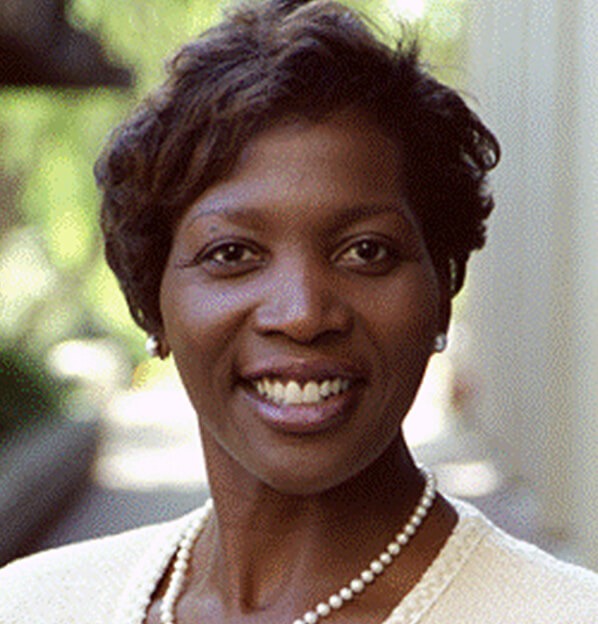
Lisa Cook is the first Black woman to serve on the Federal Reserve’s board of governors in the institution’s 108-year history, as the U.S. Senate has approved her nomination. According to CBS News, she received a narrow 51-50 vote along party lines, with Vice President Kamala Harris casting the deciding vote.
Republicans asserted that she was unqualified for the position, lacked adequate experience with interest rate policy, and was not committed to combating inflation.
Cook will join the Fed as the central bank attempts to curb inflation. After the Senate vote, a White House official said, “As President Biden stated today, addressing inflation remains a top priority of the Biden-Harris Administration as we work to reduce costs for hardworking families.” The Federal Reserve must have sufficient personnel to meet these challenges for the American people.
Since 2005, Cook has been an economics and international relations professor at Michigan State. She served as an economist on the White House Council of Economic Advisers from 2011 to 2012. According to First Post, she also advised the Biden-Harris transition team on Fed and bank regulatory policy.
Cook was the first Marshall Scholar from Spelman College and earned a Ph.D. in macroeconomics and international economics from the University of California, Berkeley. Before obtaining her Ph.D., she worked as a research assistant at the Brookings Institution for Alice Rivlin, who later became a Fed vice chairwoman.
Cook is also well-known for her scholarly article on the influence of racial violence on African-American invention and innovation. According to The Washington Post, her research has focused on macroeconomics, economic history, international finance, and innovation, specifically on how hate-motivated violence has reduced U.S. economic growth.
She is descended from civil-rights activists. Her uncle was a friend of Martin Luther King Jr., according to the Wall Street Journal, and one of her cousins marched with King in the 1960s. Cook has also been an advocate for Black women in the field of economics, and in 2019 she received an award for mentoring. She is the second of President Joe Biden’s five Fed nominees to be confirmed by the Senate.


